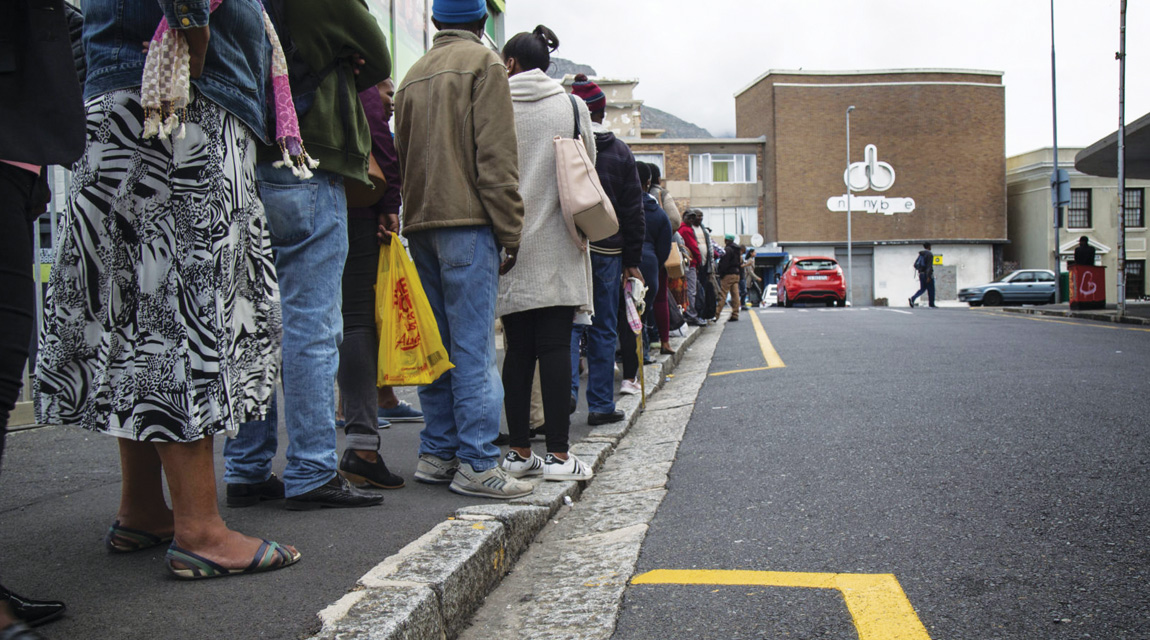Bye-bye, bus industry!

All that a strike in the bus industry will achieve is to sustain its slow implosion.
Last month’s column welcomed the fact that civil society groups are now starting to look into the mismanagement of public transport and encouraged Solidarity to have a full go at sorting out the mess at South African Airways (SAA), even if the unions object.
It’s good to see the Organisation for Undoing Tax Abuse (OUTA) looking into the “tall locomotives” issue at the Passenger Rail Agency of South Africa (Prasa).
Talking of unions, while writing my previous column I had no idea that they would start a pointless bus driver strike in May. Unions in the commuter-bus transport industry need to remember that it has been a stagnant industry for about six decades now, with little prospect of a turnaround.
All that a strike will achieve is to sustain the industry’s slow implosion. It takes many months for passenger levels to recover from public-transport strikes, and the main beneficiaries are the minibus-taxi owners.
Unions in the commuter-bus industry should be looking at bigger issues that undermine their future. While it might be satisfying to dish out slogans hammering the “greedy selfish bosses”, I would suggest that bus drivers should first check on their own union bosses to see whether they are also involved in the minibus-taxi industry.
They can cast the net wider to city councillors, as well as municipal, provincial and national government officials. I hear of one provincial premier, who has interests in a taxi business, as well as a school-bus contract and a filling station. I suspect that hundreds of municipal and government office bearers are involved in this type of thing.
The bottom line is that government is not serious about fixing formal public transport, and people working for commuter-bus companies should start worrying about their future.
The most recent example of government indifference comes from the roads and transport portfolio committee in the Gauteng provincial government. Its ANC chairperson, Mafika Mgcina, claims credit for some of the province’s transport infrastructure investments.
“(They) are beginning to transform our urban landscape, breaking the backbone of apartheid spatial planning by building integrated, sustainable human settlements supported by quality public transport and economic opportunities. Already Gauteng is forging ahead with feasibility studies to extend the Gautrain to Mamelodi, Boksburg, Lanseria, Mogale City and the West Rand,” he states.
Building more railway lines will do nothing to break the backbone of apartheid spatial planning. Fixing the bus service, on the other hand, will have a far greater impact. The bus unions should also be asking Mgcina why his moribund committee has allowed the bus transport component of the Gauteng 25-year transport plan to disappear from the provincial website.
A quick reminder – it called for a network of over 8 000 buses on 164 routes to cover the entire province. Not only has this scheme apparently been abandoned, but we now have another feasibility study into the Gautrain. (By the way, the Gautrain buses were also off the road for nearly a month.)
So, Solidarity and OUTA should also have a look at other bogus public transport arrangements that suck resources out of the economy. They should expose the incompetence and mismanagement going on in bus contracts, bus rapid transit (BRT) schemes and unnecessary rail projects.
The existing transport unions seem to be too out of touch with reality to do this.
Published by
Vaughan Mostert
focusmagsa



